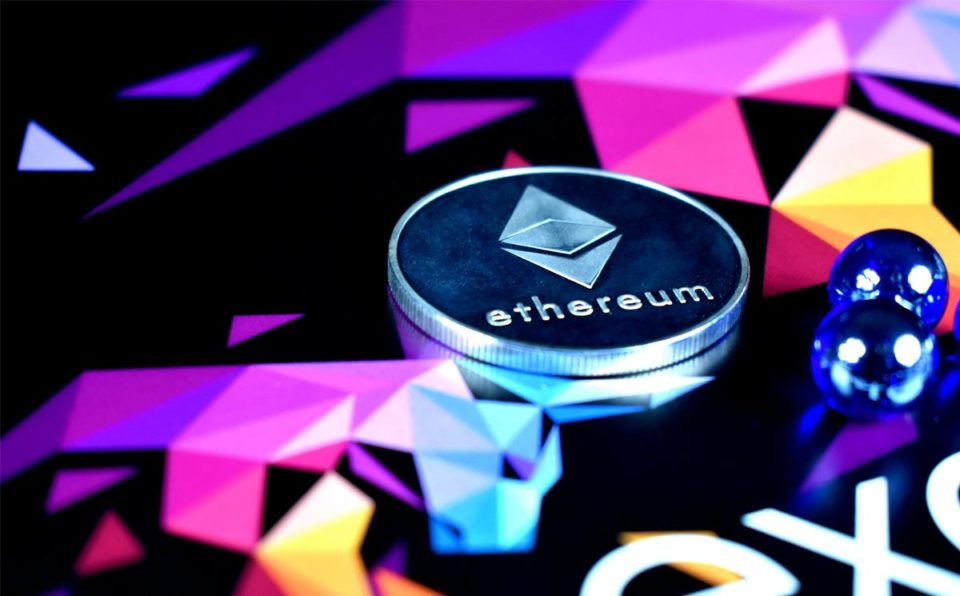Upgrades are vital parts of the blockchain ecosystem. Most of the big networks are always improving their features, and sometimes it results in a significant upgrade. Ethereum 2.0 is one of those big upgrades that will happen on the Ethereum network. In simple words, Ethereum 2.0 is a series of upgrades that will improve the scalability, security, and sustainability of the network. There is no need for specific actions from users, while ETH 2.0 is getting ready. dApp developers won’t experience considerable change, either.
Staking is one of the essential upgrades of ETH 2.0. When Ethereum 2.0 becomes available, the network will work on a proof-of-stake consensus. ETH 2.0 has multiple steps that include the Beacon Chain, Shard Chains, and the Docking. The Beacon Chain is the step that will bring staking to Ethereum. Staking means Ethereum community members can support the network by locking their digital assets. Doing so is available through multiple platforms.
Many teams in the Ethereum community are working on ETH 2.0 upgrades. Some of the major ones are Trinity, Lighthouse, Nimbus, Prysm, Cortex, Teku, and Lodestar. Each of them works on a specific language implementation.
What is ETH 2.0?
ETH 2.0 means a lot of changes in the Ethereum network. It includes some significant upgrades to the mainnet that each one is developed in parallel and is somehow independent. The Beacon Chain is the staking upgrade that lays the groundwork for future similar upgrades to the network. It helps the network to scale faster and better.
Transaction processing capabilities are other topics of upgrade that Shard Chains upgrade focuses on them. The other major upgrade is called the Docking. In the docking process, the beacon chain will be merged with Ethereum mainnet, and staking will be available for everyone.
Staking in ETH 2.0 has some guidelines. For example, users have to stake 32 ETH to become a validating node in the new network. But some platforms provide more manageable steps to do so.
The Best Platforms to Stake with ETH 2.0
As mentioned before, Ethereum community members can stake their digital assets to secure the network and also earn rewards. Multiple staking pools provide the staking opportunity, and each one has specific rules and guidelines. One of the most famous ETH 2.0 staking pools is the Rocket Pool, which offers multiple benefits. You don’t have to stake 32 ETH to become a validator in the pool, for example.
ETH 2.0 staking platforms have KYC, the minimum amount, and fee guidelines. These guidelines are the most important factors to choose the staking pool.
Rocket Pool

Rocket Pool provides many services for users interested in ETH 2.0. Developers and mainstream users can benefit from their services. Staking, staking + node running, and building dApp on Rocket pool are the various available services. Rocket Pool has a token called rETH that makes it possible for users to stake as little as 0.01 ETH.
- KYC: No
- Minimum amount to stake: 0.01 ETH
- Security feature: Any losses from bad nodes for stakers are socialized across the whole network to minimize impacts on any user.
- Website: https://www.rocketpool.net/
Stkr
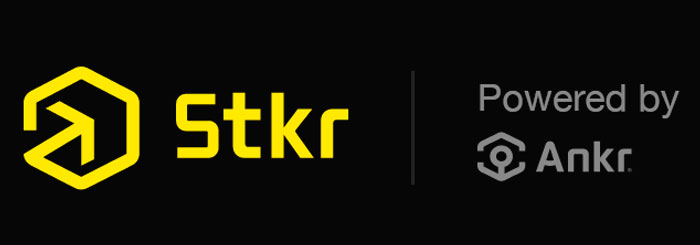
Stkr is another decentralized staking platform that also provides DeFi products. It offers a micro pool for stakers and manages the staked assets automatically. The platform has a staking token named aETH that offers the opportunity to hold and trade the staked assets, too. The 32 ETH barrier is also managed in Stkr, and they can stake different amounts and receive rewards – an estimated 15 percent annual rewards.
- KYC: No
- Minimum amount to stake: 0.5 ETH
- Security feature: users keep their funds under their own custody to always remain in full control of assets.
- Website: https://stkr.io/
Blox Staking
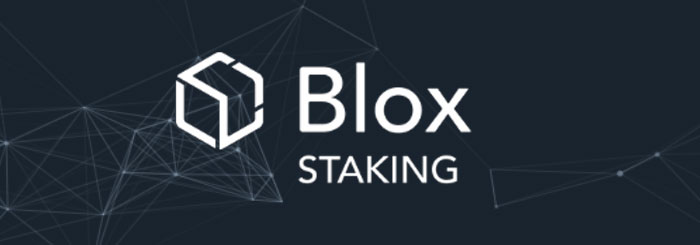 Blox Staking is an open-source staking platform that focuses on transparency and non-custodial features—Hashicorp Vault powers Blox Staking wallet. The platform offers an application that makes it easier for users to keep ownership of their keys and track record of the staked ETH and rewards.
Blox Staking is an open-source staking platform that focuses on transparency and non-custodial features—Hashicorp Vault powers Blox Staking wallet. The platform offers an application that makes it easier for users to keep ownership of their keys and track record of the staked ETH and rewards.
- KYC: No
- Minimum amount to stake: 32 ETH
- Security feature: Blox Staking is non-custodial, and users keep both keys to their accounts. Besides, there is KeyVault remote signer that is installed in a cloud account, which ensures optimal validator key security and slashing protection.
- Fees:
- validators 1-5: $180 each
- validators 6-10: $162 each
- validators 11-15: $145.8 each
- validators 15-20 = $131.2 each
- Website: https://www.bloxstaking.com/
Stake Wise
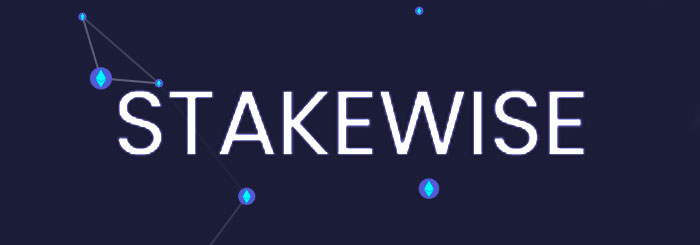
StakeWise provides Ethereum staking with multiple staking strategies. It has a real-time monitoring feature and the ability to connect the staking platform to other applications. There is no limit for staking in StakeWise.
- KYC: No
- Minimum amount to stake: No limit
- Security feature: the cloud-based infrastructure
- Website: https://stakewise.io
Lido
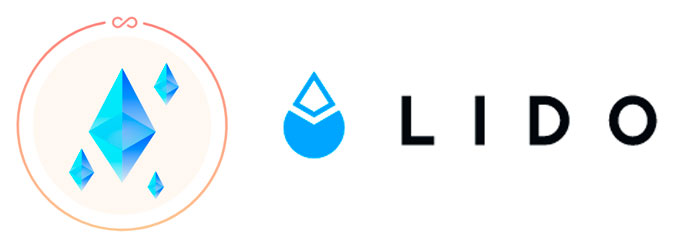 Lido platform converts staked ETH to stETH. The converted tokens provide rewards for the stakers daily. Users can use stETH tokens for other goals like trading, exchange, and investing in DeFi projects. There is no limit in the Lido protocol for staking ETH.
Lido platform converts staked ETH to stETH. The converted tokens provide rewards for the stakers daily. Users can use stETH tokens for other goals like trading, exchange, and investing in DeFi projects. There is no limit in the Lido protocol for staking ETH.
- KYC: No
- Minimum amount to stake: No limit
- Security feature: decentralized infrastructure
- Website: https://lido.fi/
CanETH Pool
 CanETH is focused on institutional-grade staking in Ethereum. The platform makes it possible to participate in the staking Ethereum 2.0 in scale. The hardware, software, and processes in CanETH are developed to manage large-scale staking.
CanETH is focused on institutional-grade staking in Ethereum. The platform makes it possible to participate in the staking Ethereum 2.0 in scale. The hardware, software, and processes in CanETH are developed to manage large-scale staking.
- KYC: Yes
- Minimum amount to stake: 32 ETH
- Security feature: decentralized infrastructure
- Website: https://caneth.org/
Pool-X
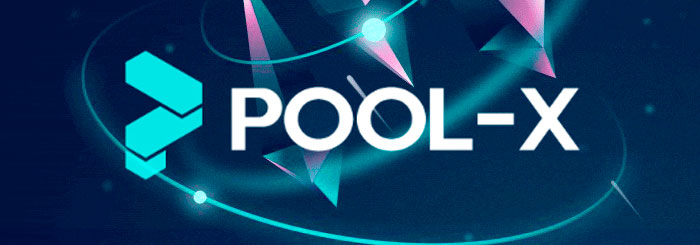 Pool X provides staking opportunities for various cryptocurrencies. They participate with KuCoin to offer ETH 2.0 staking to users.
Pool X provides staking opportunities for various cryptocurrencies. They participate with KuCoin to offer ETH 2.0 staking to users.
- KYC: No
- Minimum amount to stake: 0.01 ETH
- Security feature: decentralized infrastructure
- Website: https://pool-x.io/eth2

Conclusion
Ethereum 2.0 comes with lots of promises regarding the security, scalability, and efficiency of the network. Staking is a fundamental part of those promises. Many users want to participate in the staking phase and have a role in improving the Ethereum network’s security. Many of them don’t have the required 32 ETH to join as a validator. Staking pools are excellent choices for them to enter this process and earn rewards while participating in Ethereum 2.0.

